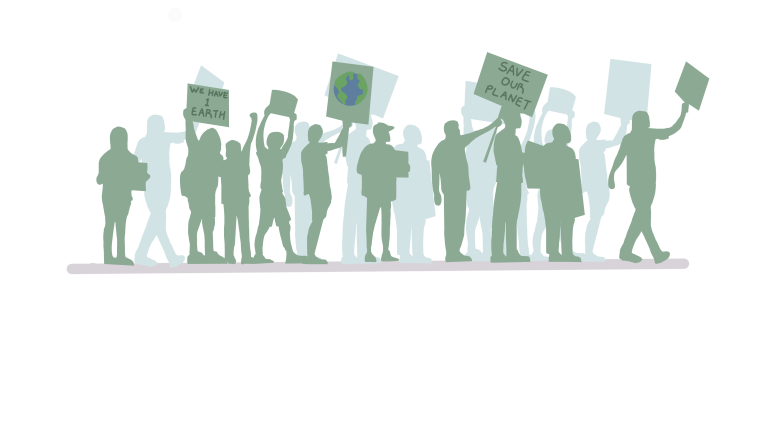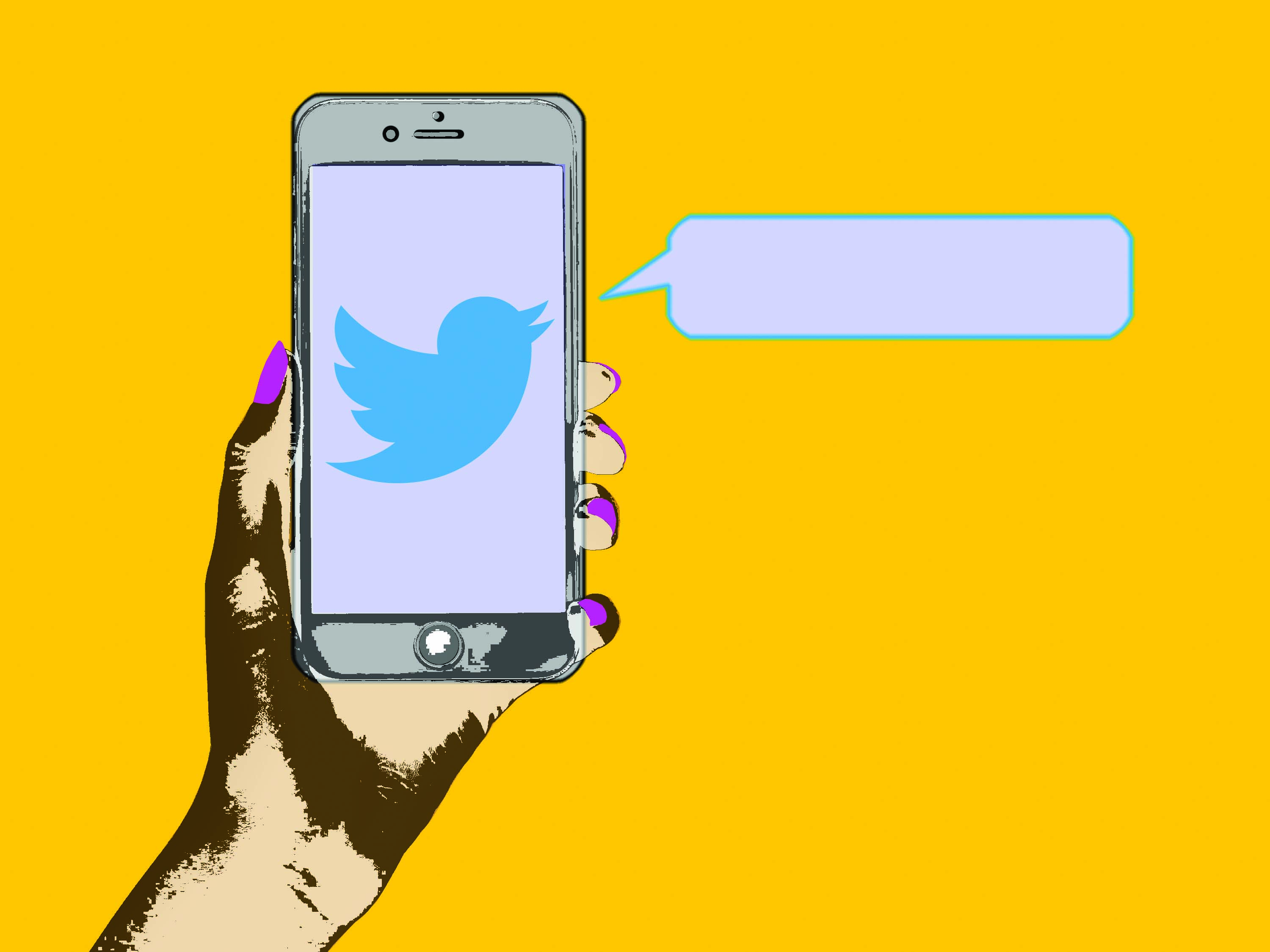Climate change is something that a lot of people can get away with ignoring until they come face to face with it.
My first clash with climate change was when I went to summer camp at 12 years old. We were on an island and everything we did was influenced by the drought that year. Our water intake was monitored and we had rules for how to use the toilets and sinks. It was the first time I realized how hot the summers were getting.
Then when I was 13, I skipped school to attend a climate protest which was my first taste of activism. The amount of people that were there was a beacon of hope that people actually wanted to make a difference.
In the summer of 2022, the mountains in Kelowna were blanketed in grey smoke. I couldn’t help but feel a comfort in the smoky serenity, pushing the fear that this is what the mountains are known for now, out of my head.
The next year, I went back to Kelowna, and on the way to a campsite, we passed by an entire mountainside that had been burned.
Grey and charred trees spanned for as far as I could see. It was the first time I had ever witnessed anything like it in person. There was a weight on my chest, grieving for the mountain.
One day last summer, my aunt sent me a picture of the West Kelowna wildfires. Having to read the news knowing that all anyone could do was sit and watch was terrifying. Then I got the text that the fires had reached the other side of the lake and there was nothing that any regular person could do.
The fires moved closer to the University of British Columbia Okanagan campus and that evoked a different kind of terror. I was terrified for the future generation. My generation.
Kids and young adults are being forced to recognize climate change pretty early in our lives. We have noticed its effects on the world in our day-to-day lives, as climate change has been present and worsening throughout our entire childhoods.
A lot of the ways our planet is affected are the faults of generations before us. Young people are expected to know how to adapt and know what changes need to be made, and we are not going to get there on our own.
According to the United Nations, “green skills” are technical knowledge and skills that “enable the effective use of green technologies and processes.” Here are some examples that current climate activists think will be useful for the next generation to learn:
First, maintaining a healthy critical attitude. We need to keep our heads up and be optimistic while being critical of the things that are contributing to climate change around the world.
Second, quantitative reasoning. There is a lot of information out there about climate change and learning how to make sense of it will help us to move forward and act either reactively or proactively.
Last, nonviolent communication. This sounds obvious but our world leaders obviously have not mastered this. Communication and learning how to be active listeners will be the ultimate tool in creating a world that works together toward sustainability.
These skills will be useful in the long run, when our generation starts to become world leaders. We need to be able to listen to each other and science and think of our futures, if we want to make real sustainable changes to our world.
But as of right now, what can we as young people do in our own homes? Some of us are not in charge of our homes and the accommodations in them, but there are ways that you can make a difference even if it is just minor.
You could consider alternate forms of travel. For example, taking the bus or carpooling to work or school. Biking is a great and healthy way of transportation, and of course walking shorter distances instead of driving when you don’t need to is a good option.
Reduce, reuse, recycle is something we are taught all throughout school. Considering just how much unnecessary waste is being produced, these three practices should be more common. Another practice is to repair, especially with clothing and the fast fashion industry.
Participating in community cleanups can help reduce the amount of waste polluting our water and plant life. It also just happens to make our city look nicer at the same time.
One last piece of advice I will leave with you is to speak up. Sure, we can make a difference in our own lives, but we can also encourage others to join us. Ask community representatives about what they are contributing to climate action.
We all need to realize that climate change is not just affecting the cold climates and the icebergs. People are losing their homes to both flooding and fires.
Something needs to be done and we can be the ones to do it if we put in the effort and time. Even through small changes, like saving water in your home or switching your mode of travel, we can make a difference.



